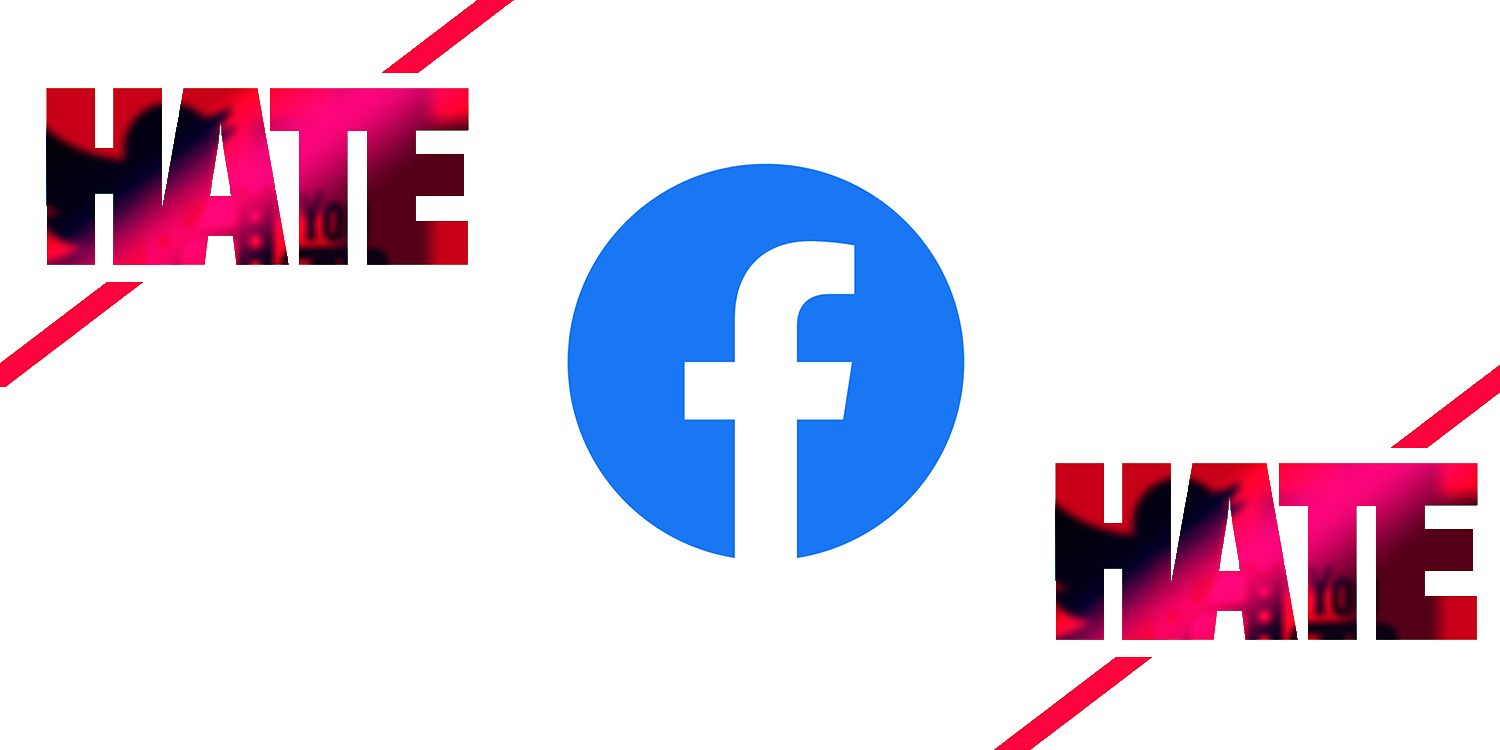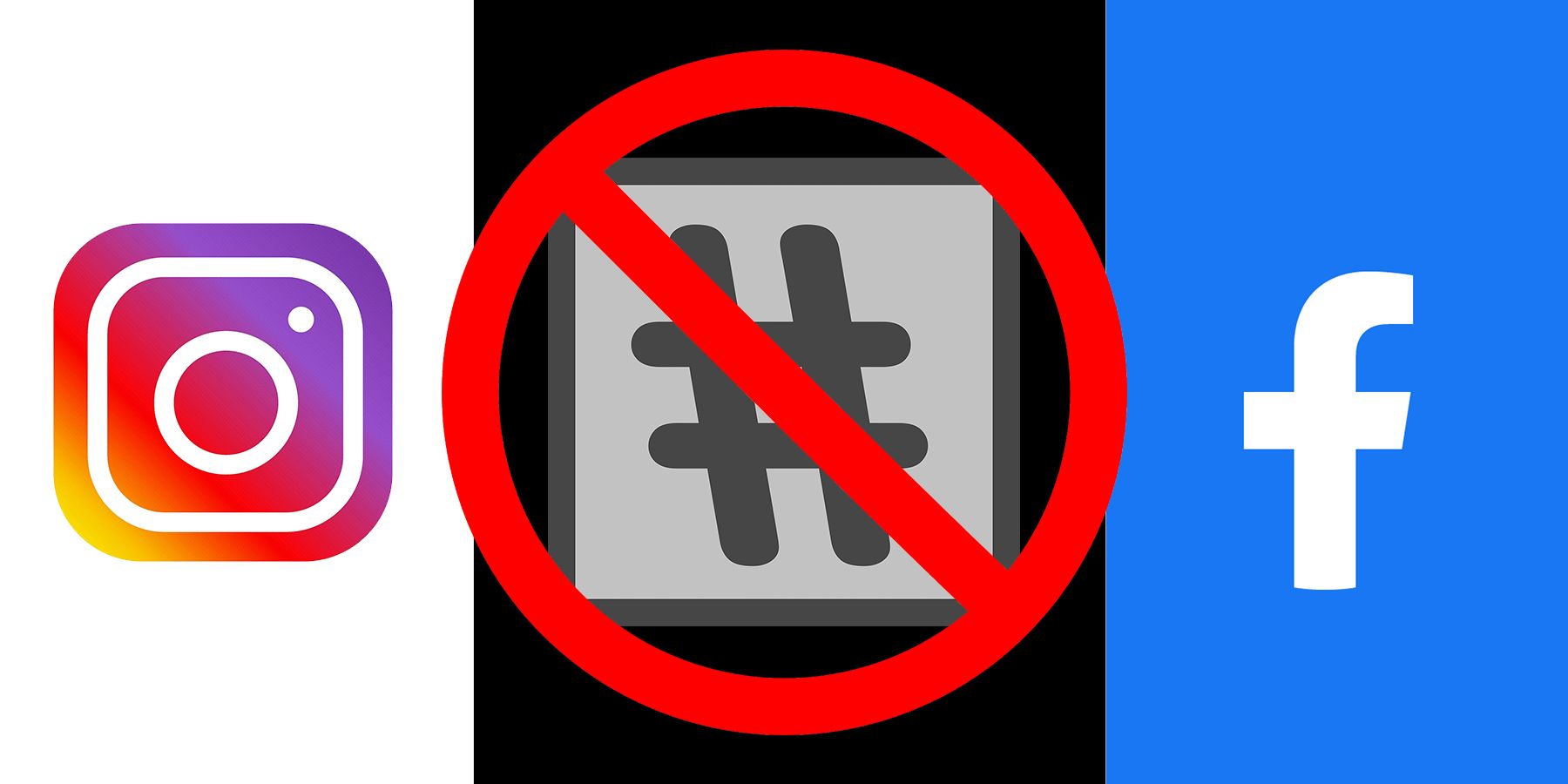
Facebook has recently been hit by a wave of boycotts from major advertisers as part of a 'Stop Hate For Profit' campaign designed to fight online hate speech, and recent content policy changes suggest it might be working. The advertisers' backlash comes at a time when Facebook has been accused of aiding racism due to its refusal to apply moderation policies to incendiary posts. CEO, Mark Zuckerberg, has always been reluctant to police the content, especially political ads, despite some proving divisive and misinforming.
Facebook's capability to sway people's opinion became all the clearer following the 2016 US Presidential Election where large-scale political advertising contained misinformation. Since then, Facebook has been facing mounting pressure to make changes to its policies and especially as over the last year, other platforms have taken steps to better police content. In some cases, banning political ads altogether, making Facebook's 'neutral' stance appear all the worse. Likewise, Facebook's lack of action has also been compared to Twitter's recent changes, including openly supporting the Black Lives Matter protests, and stricter enforcing of hate-speech rules, even on Tweets by President Trump.
As The Guardian previously reported, Facebook's inaction to police the same statements by the President that Twitter flagged as abusive seems to be a driving factor in some advertisers now boycotting both Facebook and Instagram. The move is part of a campaign by Stop Hate For Profit, a project created by a collaboration of activist groups: Colour of Change, NAACP, ADL, Sleeping Giants, Free Press, and Common Sense Media. Following the wave of boycott announcements, Facebook's CEO recently announced a surprise reversal on its hate speech policy.

Although it is not clear if the latest Facebook changes are a direct response to the campaign efforts, it might be the case. The Stop Hate For Profit campaign aims to encourage companies to stop supporting online hate by targeting revenue generated by ads. As of now, more than 90 advertisers have joined the campaign and the list continues to grow. For those interested, Sleeping Giants has a running list that keeps track of the brands currently supporting the campaign. Some of the latest companies to join the boycott, at least for July, include Coca-Cola. Verizon, Ben & Jerry's, North Face and Patagonia. As part of its campaign, Stop Hate For Profit is demanding that Facebook change its services and products using these product recommendations.
Facebook's reluctance to avoid doing enough to fight hate and divisiveness on its platform is understandable, considering divisiveness can help to drive growth. However, the Stop Hate For Profit campaign is really aiming to hit Facebook where it hurts. With the social media behemoth generating nearly $70 billion every year from advertising, it very well might be working, considering Zuckerberg recently confirmed the platform will start flagging posts that violate its hate speech rules, and prohibit harmful content in ads. While Zuckerberg has presented these Facebook policy changes as a response to calls for racial justice, the upcoming election and COVID-19, the actual reason could simply be economics.
Source: The Guardian, Stop Hate For Profit
from ScreenRant - Feed https://ift.tt/2VrZbDP


0 Comments